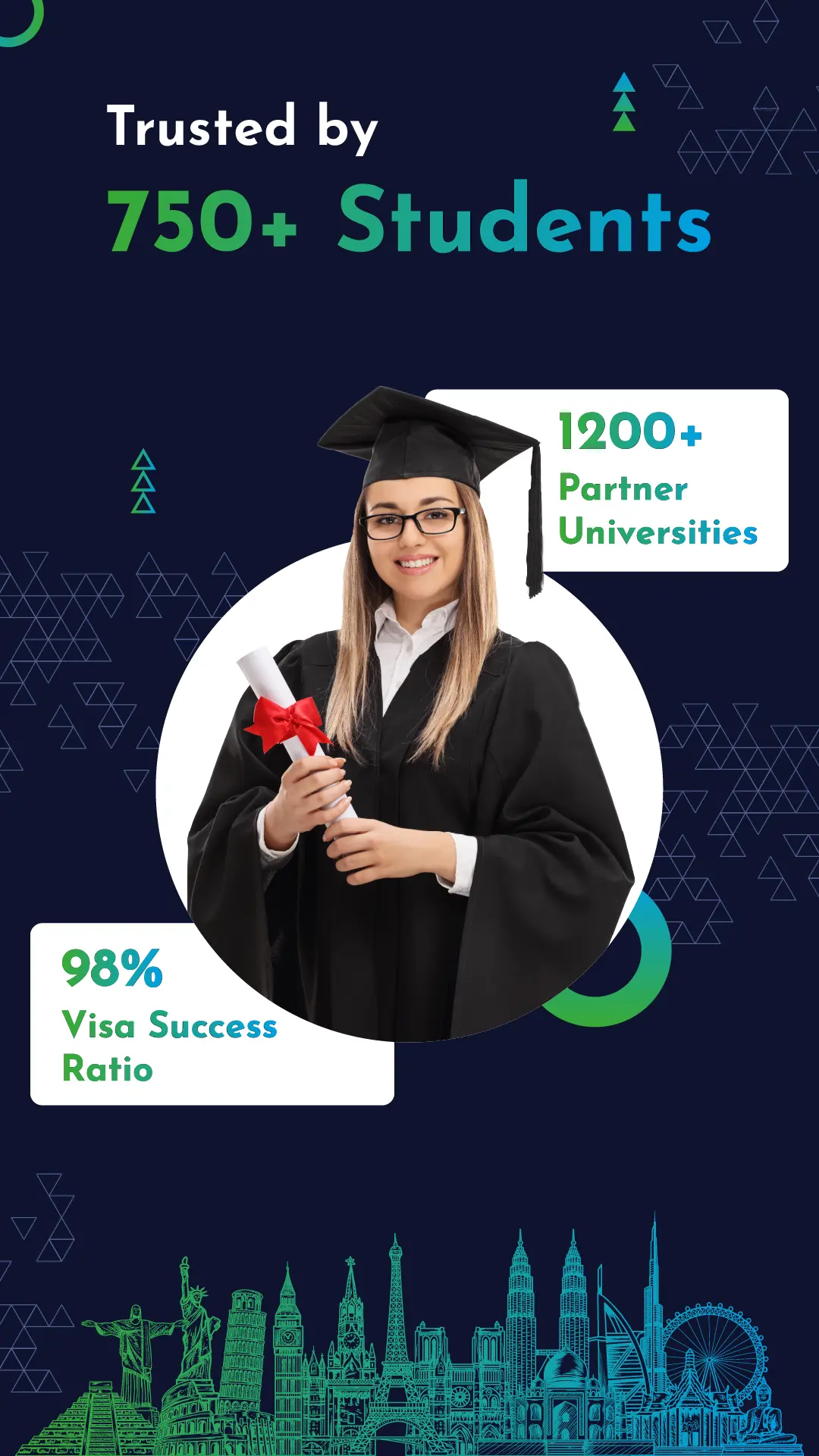Study in New Zealand - FAQs
How much does it cost to study in New Zealand?
Tuition fees vary depending on the course and institution but generally range from NZD 18,000 to NZD 55,000 per year for international students.
What is the cost of living in New Zealand for a student?
Living expenses average between NZD 18,000 to NZD 21,000 per year, depending on lifestyle and location, with cities like Auckland and Wellington being more expensive.
What are the requirements to study in New Zealand?
English proficiency tests like IELTS, PTE or TOEFL and standardized tests (GRE/GMAT) are usually required based on the course. With Eleevate Overseas, worry less—we guide you every step!
What scholarship opportunities are available for international students?
Numerous scholarships are offered by the government, universities, and other organizations.
Can international students work while studying?
Yes, most students can work up to 20 hrs/week during school terms and full-time during holidays.
What are the current minimum wage rates in New Zealand?
As of April 1, 2024, New Zealand's minimum wage is NZ$23.15 per hour for adults and NZ$18.52 per hour for starting-out workers and trainees.
Is there a post-study work visa available in New Zealand?
Graduates can apply for a Post-Study Work Visa, allowing them to work in New Zealand for up to 3 years, depending on their qualification level.
Can I bring my spouse under a student visa in New Zealand?
If student is going for Masters and above courses i.e. level 9 and above or Level 7 and 8 if the course is under green list.
How to get PR in New Zealand?
Indian students can obtain PR in New Zealand after studying by gaining relevant work experience on a Post-Study Work Visa and applying through the Skilled Migrant Category, meeting criteria like age, health, work experience, submitting an Expression of Interest (EOI), receiving an Invitation to Apply (ITA), and applying for residence with the necessary documents.
What's the year-round weather like in New Zealand?
Most of New Zealand is coastal with plenty of sunshine, but there's a wet season to consider. Winter temperatures range from 30-60°F, while summer can reach 70-90°F. New Zealand's weather is famously unpredictable—you might experience all four seasons in a single day!
What are the popular study programs in New Zealand?
New Zealand is famous for diverse educational programs, including agriculture, engineering, computer science, business, IT, MBA, psychology, MBBS, automotive and construction engineering, ICT and creative arts, etc.
How does New Zealand support student entrepreneurship?
Universities incorporate entrepreneurship into their curriculum, offering support through incubators and innovation hubs.
What kind of student support services do universities in New Zealand offer?
Support services: academic advice, mental health help, career tips, and university life hacks!
What health services are available for international students?
Students must have health insurance, and they can access public healthcare services for certain conditions.
Do You Still Have Queries?


